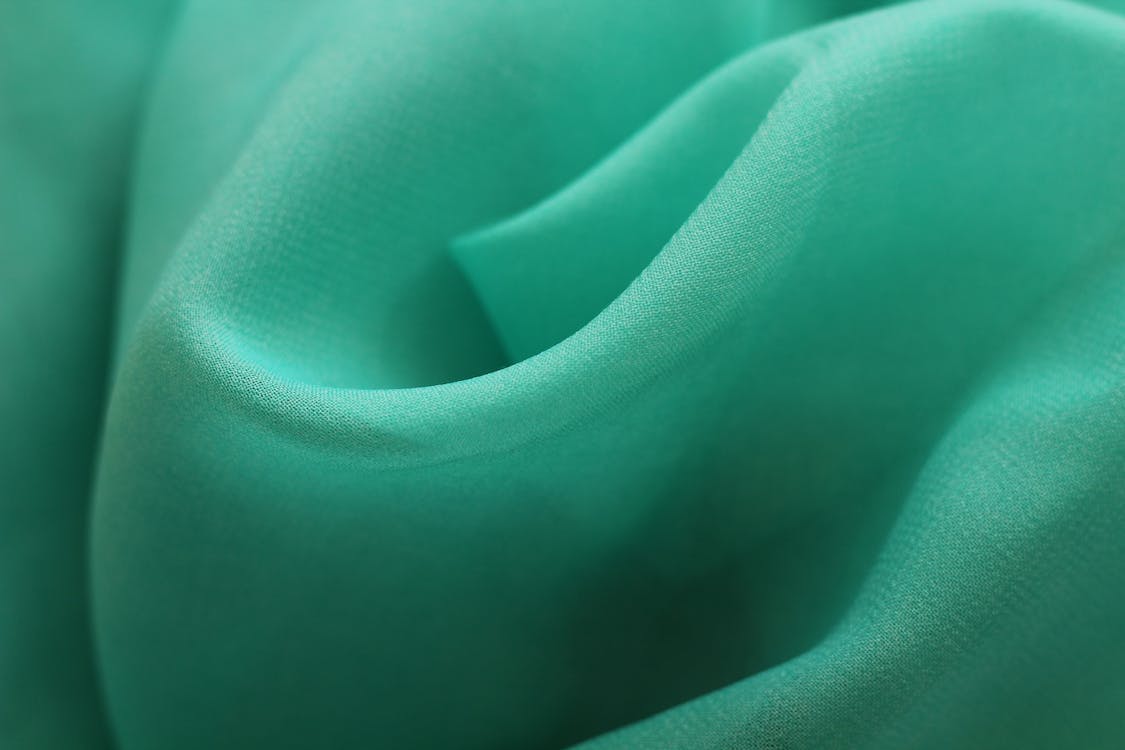
FAQ About Differences in Polyester
Differences in Polyester
2 years ago | gizem
How does polyester compare to Tencel?
Polyester and Tencel (also known as lyocell) are two different types of fibers with distinct characteristics. Here's a comparison between polyester and Tencel:
- Fiber Source: Polyester is a synthetic fiber made from petroleum-based products, while Tencel is a natural fiber derived from cellulose, usually sourced from sustainably grown eucalyptus trees.
- Softness and Comfort: Tencel is known for its exceptional softness and smooth feel. It has a luxurious texture and is often compared to silk or cotton in terms of its comfort. Polyester can have a smooth texture as well, but it may not offer the same level of natural softness and comfort as Tencel.
- Breathability: Tencel is highly breathable and has excellent moisture-wicking properties. It absorbs and releases moisture more efficiently compared to polyester, making it ideal for moisture management and maintaining body temperature. Polyester, being a synthetic fiber, is generally less breathable and may trap heat and moisture against the skin.
- Environmental Impact: Tencel is considered a more eco-friendly fiber compared to polyester. It is produced through a closed-loop production process using non-toxic solvents, and the eucalyptus trees used for its production are often grown on sustainably managed plantations. Polyester, being a petroleum-based synthetic fiber, has a larger environmental footprint and is not biodegradable.
- Sustainability: Tencel is often touted as an environmentally friendly option due to its sustainable sourcing and manufacturing processes. It requires less water and energy compared to conventional cotton production. Polyester, while not considered sustainable, can have some sustainability aspects when it is made from recycled polyester fibers.
- Wrinkle Resistance: Polyester is known for its wrinkle resistance and ability to retain its shape, while Tencel may be more prone to wrinkling. However, Tencel fabrics can often be treated or blended with other fibers to enhance their wrinkle resistance.
- Care and Maintenance: Both polyester and Tencel are generally easy to care for. Polyester is often machine washable and quick-drying, while Tencel fabric typically requires gentle machine washing or hand washing and may need to be air-dried to maintain its softness and shape.
When comparing polyester and Tencel, the choice often depends on personal preferences, desired characteristics, and sustainability considerations. Tencel offers natural softness, breathability, and eco-friendliness, while polyester offers durability, wrinkle resistance, and convenience.
